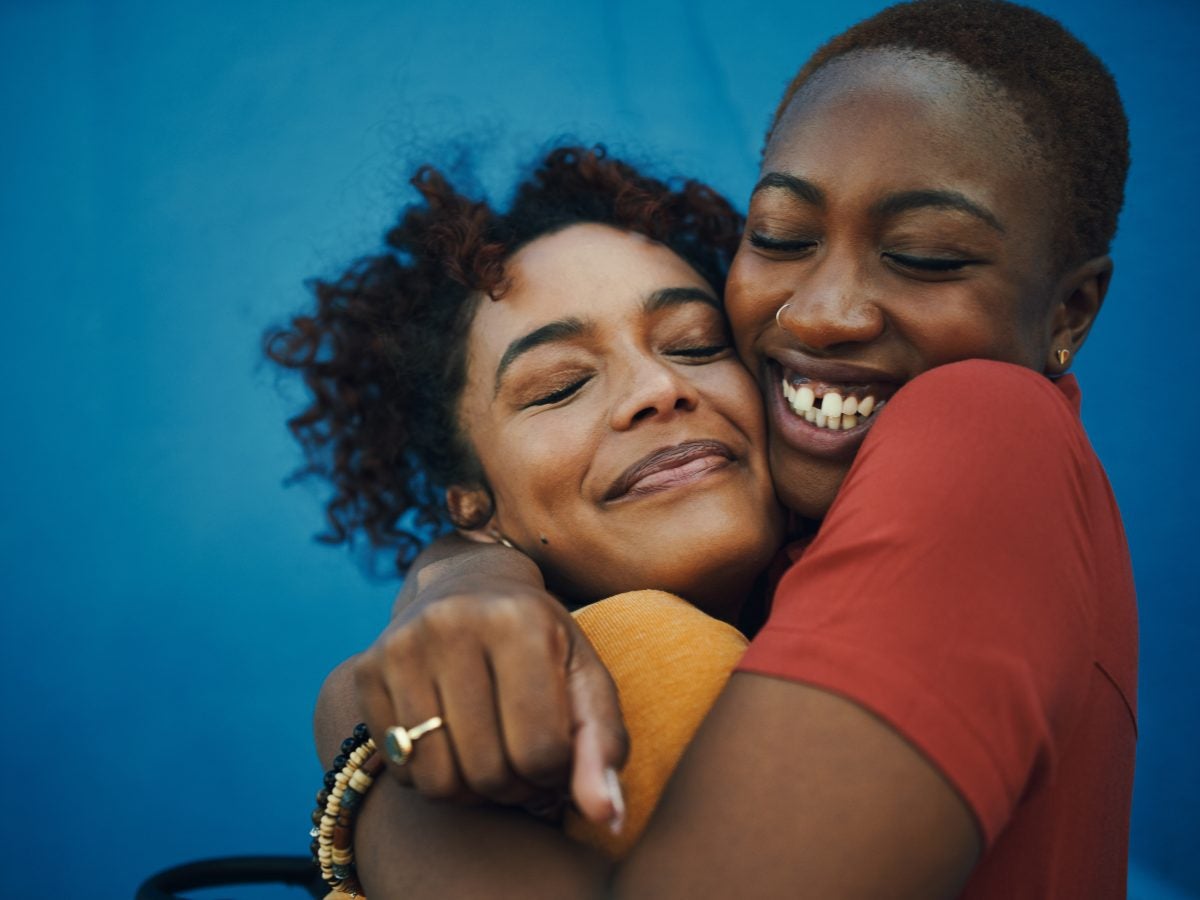
You may live under a rock if you haven’t heard about, watched, or listened to Tareasa “Reesa Teesa’s” intricate and viral “Who TF Did I Marry?” TikTok-based saga. Throughout the series, Johnson detailed how she learned that her partner was a pathological liar, which ultimately led to the demise of their marriage.
The eight-hour series, split into five to ten-minute increments on TikTok, highlighted the importance of noticing and heeding the red flags one might see early on in the dating process, letting your friends give you advice, and actually listening to them. There’s always a fine line between not letting your loved ones influence who you’d like to be romantic with, as you are the person who’s in the relationship and not them. Still, there are moments you may need to listen to their advice, especially if they notice specific unsavory characteristics and behavioral issues. For Johnson, there were several red flags she might’ve missed in the following themes: financial, emotional, and lack of honesty. Although she let her friends and family know who she was dating, Johnson didn’t give them all the necessary details about what she was experiencing out of fear of being judged and embarrassed. This is normal, but according to relationship therapist and expert Eboni Harris, being open enough to share the inter-workings of your relationship with your community is critical. “It is vital to have trusted individuals in your community with whom you can share. What often happens is we go to extremes. We either share everything with everyone, or we are completely private and try to figure everything out on our own,” she says to ESSENCE.
Harris believes having a sounding board who can be honest and offer alternative perspectives is beneficial. “Although it can be difficult to find someone (who’s not a professional) who is completely unbiased, it is great to have someone who will allow you to share your experiences while holding you accountable,” she states. However, it can be difficult to accept their advice, so Harris suggests being open to a different opinion and tapping into their intuition. “Most people don’t take the advice of others, but it can be helpful to gain alternative perspectives. They shouldn’t mindlessly take anyone’s advice. The best thing you can do is work on trusting your gut. Others can open your eyes to things you may be missing, but you have to do the work to trust yourself and trust that you can make the best decisions for yourself,” she shares.
However, Beverley Andre, a licensed marriage and family therapist, says that being open about your dating life or relationship is up to you and the boundaries set in the partnership. “If both partners have decided to keep the inner workings of the relationship private, then that decision should be respected. However, if that’s not the case, they should consider whether they can take into account the opinions of others while still honoring their own,” she shares.
Andre continues, “While no one is entitled to know the specific details of a relationship if someone feels they need external advice on handling a situation, they should have a few trusted people to turn to. When unsure how to navigate different parts of her relationship, consulting with a trusted few can be an essential tool for a woman. Once again, providing every nitty-gritty detail is unnecessary to receive sound advice.”
When it comes to listening to friends and loved ones’ advice, it depends on whether you are ready to receive candid feedback. “If you’re seeking feedback, be prepared to receive it. It’s important to ensure that the individuals providing feedback can set aside their biases and consider the woman’s overall goals in her relationship. However, if the advice is unsolicited, it’s important to proactively discuss the appropriateness of the advice, especially if it contradicts your intentions. Use discretion and filter the information received, as ultimately, those providing advice are not in a relationship with your partner,” Andre says.
We’ve observed the downfalls of not including your community in your relationship with Johnson. Harris believes that one important factor is allowing those who love you to help broaden your perspective. “When we go through life or relationships without community, we miss out on having people who know love and want the best for you to give you a fuller picture of your relationship. People who can be honest about how your quirks and flaws could play a role in relationship issues are helpful,” she says.





